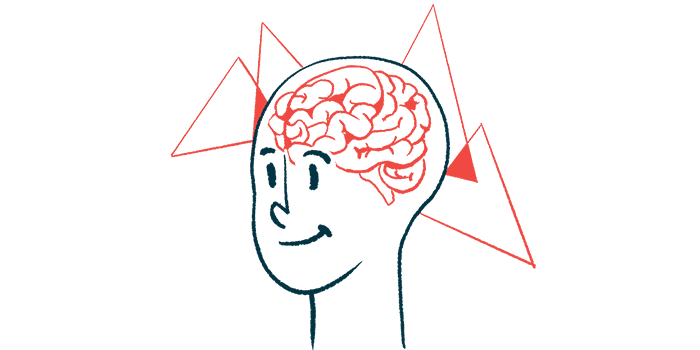Kessler Foundation researchers to explore improving cognition in MS
COMBINE intervention will involve cognitive training and physical exercise
Written by |

Researchers at the Kessler Foundation have received $725,499 from the National Multiple Sclerosis Society to study how to improve learning and memory in multiple sclerosis (MS).
The team will use the funding to evaluate the benefits of a cognitive intervention called COMBINE, which involves cognitive training and physical exercise, on learning and memory in MS patients.
The three-year award was granted to Carly Wender, PhD, an associate research scientist in the Foundation’s Center for Neuropsychology and Neuroscience Research. The study is titled, “A Novel Combinatory Approach to Maximize Functional Recovery of Learning and Memory in Multiple Sclerosis.”
“If COMBINE proves to be beneficial for new learning and memory, it can serve as a blueprint for rehabilitation techniques for other impacted cognitive function,” Wender said in a press release.
Cognitive impairments, including learning and memory problems, are common symptoms of MS, affecting more than half of patients. These issues can make it more difficult for them to maintain their independence in daily life and hamper their ability to keep employment or engage in social activities.
“In particular, persons with MS who have advanced disease progression often have substantial mobility disability and greater learning and memory impairment,” Wender said. “The co-occurrence of mobility disability and impaired cognition results in greater challenges in everyday life than either symptom alone.”
How cognitive problems manifest in MS
Cognitive issues in MS often manifest as problems acquiring new information, which is likely tied to neurodegeneration in the hippocampus, a brain region important for memory, Wender said.
Available MS therapies often don’t help with these symptoms. For this reason, Kessler Foundation researchers developed a cognitive rehabilitation technique called the Kessler Foundation modified Story Memory Technique, or KF-mSMT. It involves visualization and storytelling strategies to help patients learn new information.
While the KF-mSMT has been found to lead to cognitive benefits, the strategy was specific for list-learning — remembering lists of items — which is “only one aspect of new learning and memory,” Wender said.
With the funding, Wender and her team will evaluate a new way of more broadly improving learning and memory for patients.
“Since the KF-mSMT treatment alone has not shown broad improvements in new learning and memory that translate to improvements in everyday life, we proposed a new, combinatory approach to treatment that combines KF-mSMT with innovative exercise training interventions,” Wender said.
COMBINE stands for Combination Optimizes Memory Based on Imaging and Neuropsychological Endpoints. It’s based on findings, including a recent pilot study from Wender and her colleagues at the Kessler Institute, indicating exercise is linked to cognitive improvements in MS. The gains are believed to be associated with changes in the hippocampus that arise with physical activity.
“Exercise training has been linked to improvements in new learning and memory, most likely through changes in the hippocampus. We are seeking to challenge the brain more and lead to better neural communication and efficiency,” Wender said.
The researchers will compare the effects of COMBINE with KF-mSMT alone regarding list-learning specifically, as well as in global learning and memory. They’ll also use MRI imaging to evaluate the effects of the two approaches on the structure and function of the hippocampus.
“We believe all participants will benefit to some degree, as they will all receive KF-mSMT treatment,” Wender said. “However, participants taking part in the COMBINE intervention may show greater improvements that will better translate to new learning and memory in everyday life.”
